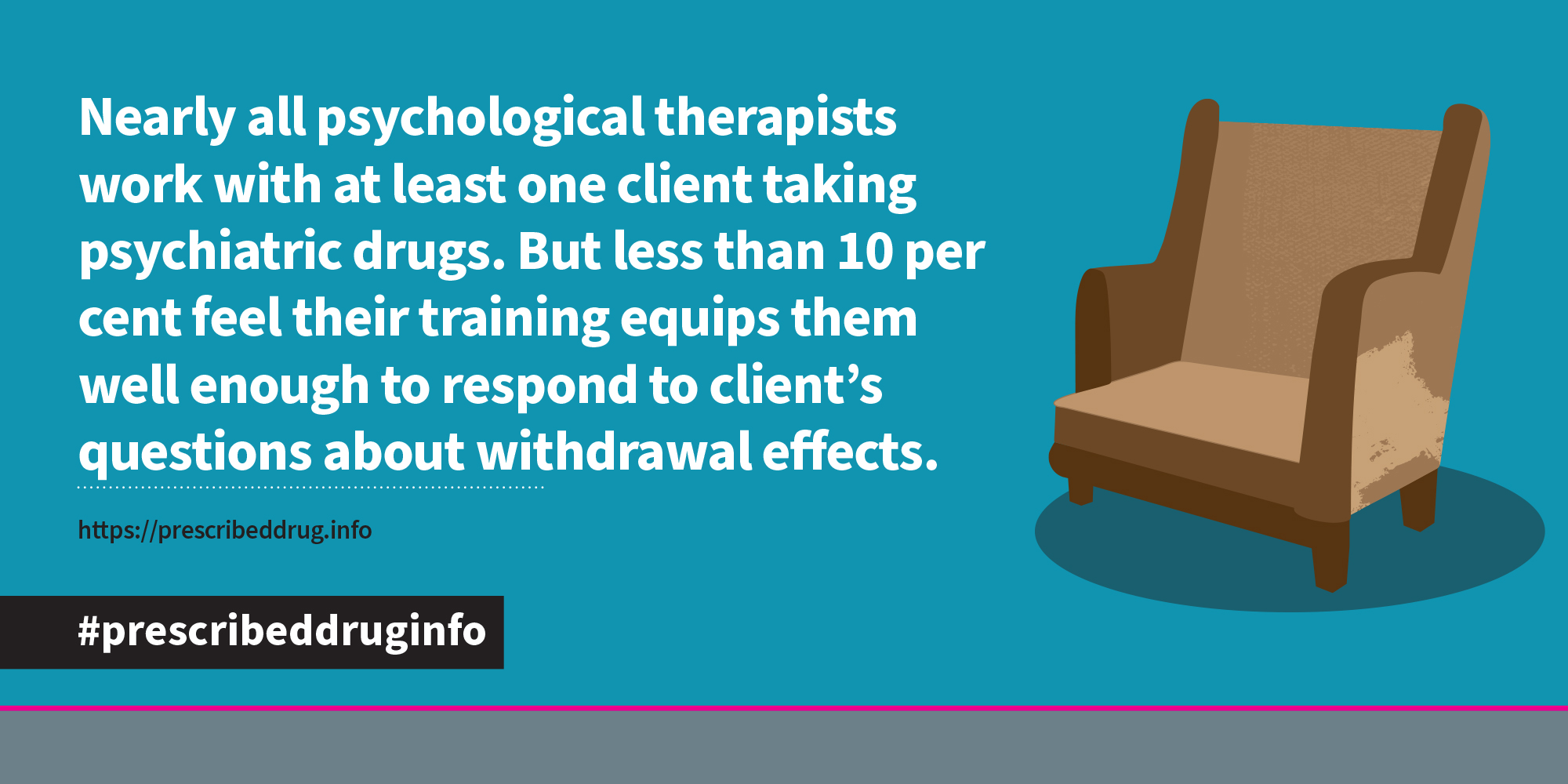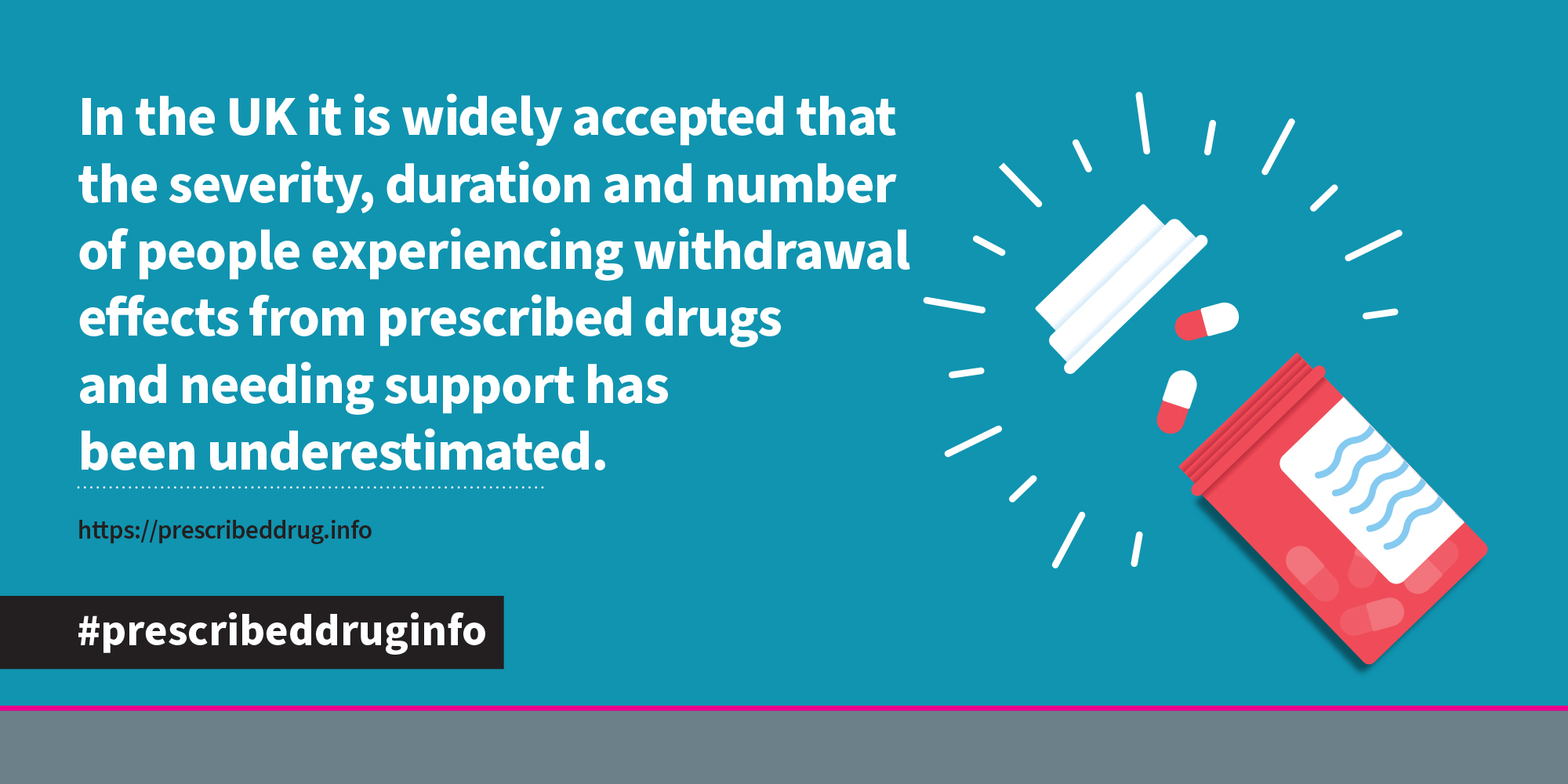This week on MIA Radio we turn our attention to support for those who are struggling to withdraw from psychiatric drugs. Recently in the UK, this issue has become headline news with more and more attention being given to the work of groups such as the Council for Evidence Based Psychiatry and peer-led initiatives such as the Bristol Tranquilliser Project.
December 4 2019, marks the release of guidance which has been specifically written to support psychological therapists and their clients in having discussions about taking and withdrawing from psychiatric drugs. The comprehensive guidance is a collaboration between psychologists, peer support specialists and psychiatrists and aims to provide important context and evidence-based support to psychological therapists, whatever their particular modality.
In this interview, we chat with psychotherapist and project lead Dr. Anne Guy, Peer Support Specialist Paul Sams and Professor of Psychology John Read.

We Discuss:
- How the project to create guidance for psychological therapists got started.
- The need to address a significant gap in knowledge and experience, particularly given the numbers of clients who work with psychological therapists and are already taking or thinking of coming off psychiatric drugs.
- That therapeutic training previously hasn’t addressed the intersection of psychiatric drugs and the practice of therapy.
- How a recent survey showed that 96% of all therapists are seeing at least one client who is taking psychiatric drugs.
- That the guidance is not prescriptive but provides an opportunity for a therapist to respond to drug issues that other professionals may not have time available to address.
- The important distinction made between giving medical information and giving medical advice.
- How the guidance will be launched in Westminster, London on December 4 2019, and that people can read the guidance and view a Q&A here.
- That next year will see some Continuing Professional Development activities.
- How lived experience and peer support knowledge has been applied in developing the guidance.
- How the guidance opens up the conversation such that no go areas are addressed as part of the overall therapeutic discussion.
- That the approach is one of empowerment and supporting conversation rather than defining or being prescriptive.
- How the evidence-based part of the guidance came together and that there was a fairly consistent finding that around 50% of people coming off psychiatric drugs will experience some sort of withdrawal with around half of those describing the withdrawal effects as severe.
- That the guidance has provided the chance for psychologists, counsellors and psychotherapists to work together.
Relevant Links:
Read or download the guidance here.
View the guidance Q&A here.




